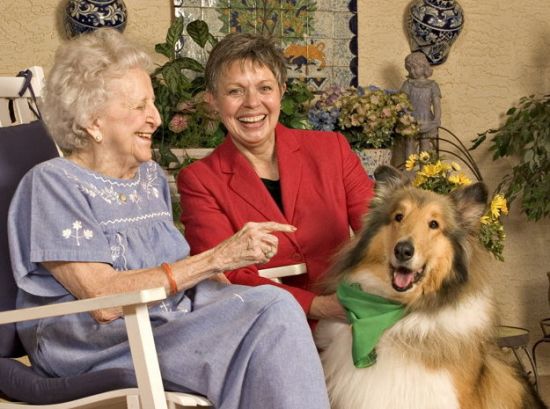Offering your free time to something that will benefit others is a very noble act. Volunteering will make you feel you did well with your free time by helping others; something memorable and worth the time. Nursing homes are one of the destinations of those who want to volunteer and spend some quality time serving people in need of a companion and assistance. Yes, a nursing home is not a fun place to visit; some call it a boring place. That’s a dishonor to our elders.
 Volunteers are not required to have a background in healthcare or have some specific degree or certification. All you need is your willingness to volunteer. The usual needs of the nursing home residents are of course medical care, but they also need mental exercises and emotional connection that is very important to keep them healthy. If you become a volunteer in a nursing home, you will be involved in activities and games that are very exciting and enjoyable. During these activities, you might be hosting contests or dances, bingo nights and card games. These kinds of activities will make the residents forget about the loneliness.
Volunteers are not required to have a background in healthcare or have some specific degree or certification. All you need is your willingness to volunteer. The usual needs of the nursing home residents are of course medical care, but they also need mental exercises and emotional connection that is very important to keep them healthy. If you become a volunteer in a nursing home, you will be involved in activities and games that are very exciting and enjoyable. During these activities, you might be hosting contests or dances, bingo nights and card games. These kinds of activities will make the residents forget about the loneliness.
You can also spend time talking to these remarkable residents who walked the earth long before us. You will be amazed by what you will hear about their life, the history that you are not aware of and their amazing adventure throughout their life. You will gain quality time and good memories throughout your shift as well as receive great smiles from the new people that you will meet. If you are the type of a person that loves interacting with people and open to extending help to others through your time, you might be suited to volunteering in a nursing home.